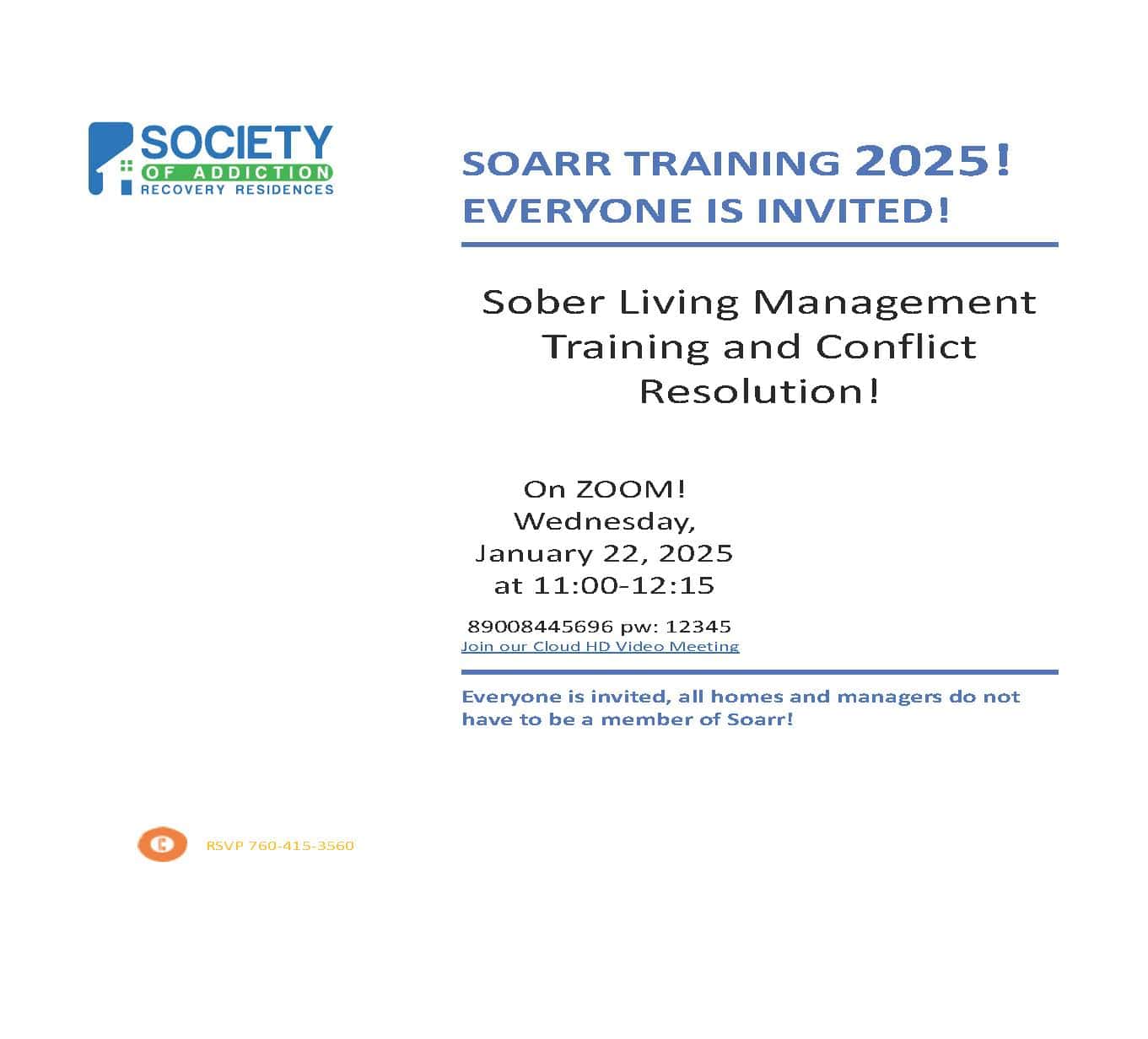Everyone in recovery has a routine, but like many people around the world, you may feel like it’s being interrupted. While life as we know it has changed indefinitely, the foundation of your recovery program remains the same.
People in recovery need support meetings, the 12 steps, and each other to stay sober in the long term. However, when you’re not able to meet in-person, the ways these tasks are acted out change.
Staying focused, sane, and serene can take practice in this new era. But there are many ways to re-center yourself and prepare for the journey ahead.
Your Recovery Program: Beyond the Basics
If you’ve been sober for a while, you’re probably already aware of the basic tools and first three steps of twelve. You probably work the first step every day – it’s what keeps you sober! The second and third steps also require constant revisiting. But what other ideas, beyond these basics, can you use in your daily life?
- Finding gratitude. You probably kept a gratitude list when you first got sober. It’s time to get a cute notebook and revisit this habit. It can seem like a real downer to be isolated at home, struggling with software so you can attend online meetings. But these things are certainly better than the alternative. Every day you don’t get high or drunk is a good one – start there. Now try to find four more things each day that you are grateful for.
- Read your literature. There are brochures and books for every 12 step program. If you feel like you’ve revisited them enough, why not pick up a daily recovery meditation book or ask your sponsor for recommended supplemental literature?
- Reach out to newcomers. It’s a hard time to get sober right now, and people new to the program need to know you care. In regular times, a hug and welcome would suffice. But during these days, giving out your phone number and making yourself available is worth gold.
- Create a daily routine. Before the pandemic, you probably got up at a certain time on the days you went to work and ate lunch around the same time. Now your days may not have such clear-cut boundaries. Write out a schedule and try to stick to it. Without this, you may have trouble sleeping or feel like the days are “doing on forever.”
- Recognize mental health signals. If you’re having trouble getting out of bed or letting anxiety keep you up at night, it’s time to reach out for help. Everyone needs all the help they can get. Talk with a friend or get a referral to a specialist. Mental health is just as important as physical health, and the quicker you realize something’s off, the better your chances of getting successful treatment.
- Take care of your body. Get the exercise you can and respect social distancing. It’s also a good idea to be mindful of your eating and sleeping habits. It may seem easy to put junk food in your body or fun to stay up all night, but these habits can take a toll on your mental and physical fitness.
There are a lot of people out there who probably relate to whatever you’re going through, so please remember to maintain your recovery program. You can’t help anyone if you don’t help yourself. This, too, shall pass. And you are getting stronger every day as you learn to conquer obstacles and adapt to what’s going on, one day at a time.
About SOARR (Society of Addiction Recovery Residences)
Are you a professional who works in recovery? The Society of Addiction Recovery Residences is an alliance of sober homes and addiction professionals who work together to set the highest standards in the industry. We have free networking meetings and training online for the duration of the COVID-19 crisis. Learn more here.
To learn more about our organization or find a sober home, please browse our website or call us at 619-828-2001.





